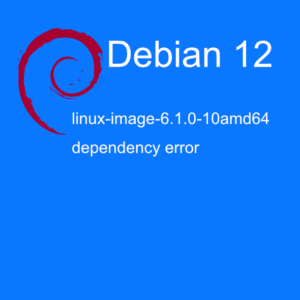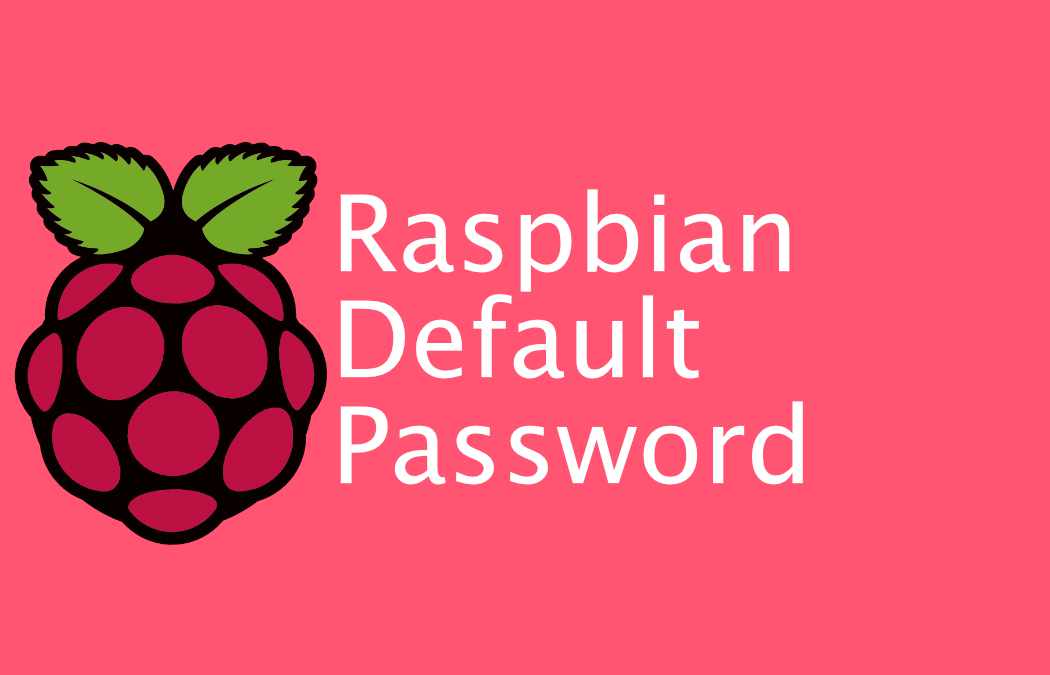![]() Using RSA certificate will increase your account/server security. You can configure SSH server to only accept RSA certificate for your root user. Here is how to use certificates for authentications.
Using RSA certificate will increase your account/server security. You can configure SSH server to only accept RSA certificate for your root user. Here is how to use certificates for authentications.
On your local system (laptop/workstation/etc)
First we will create the certificate on your local system.
[sourcecode language=”text”]
john@debian7-dev:~$ ssh-keygen
Generating public/private rsa key pair.
Enter file in which to save the key (/home/john/.ssh/id_rsa):
/home/john/.ssh/id_rsa already exists.
Overwrite (y/n)? y
Enter passphrase (empty for no passphrase):
Enter same passphrase again:
Your identification has been saved in /home/john/.ssh/id_rsa.
Your public key has been saved in /home/john/.ssh/id_rsa.pub.
The key fingerprint is:
df:35:53:7a:63:6c:b6:95:c6:90:4c:ec:54:fd:03:99 john@debian7-dev
The key’s randomart image is:
[/sourcecode]
Now your certificate have been created, and stored in your home folder/.ssh/id_rsa
Now we need to copy/install the certificate on the remote system.
On your local system: (when copying the certificate to the remote account it will ask for your password on the remote system)
[sourcecode language=”text”]
john@debian7-dev:~$ ssh-copy-id john@192.168.1.100
john@192.168.1.100’s password:
Now try logging into the machine, with "ssh ‘john@192.168.1.100’", and check in:
~/.ssh/authorized_keys
to make sure we haven’t added extra keys that you weren’t expecting.
[/sourcecode]
Then you are ready to log on to the remote system as john without using passwords.
Happy sshing!





